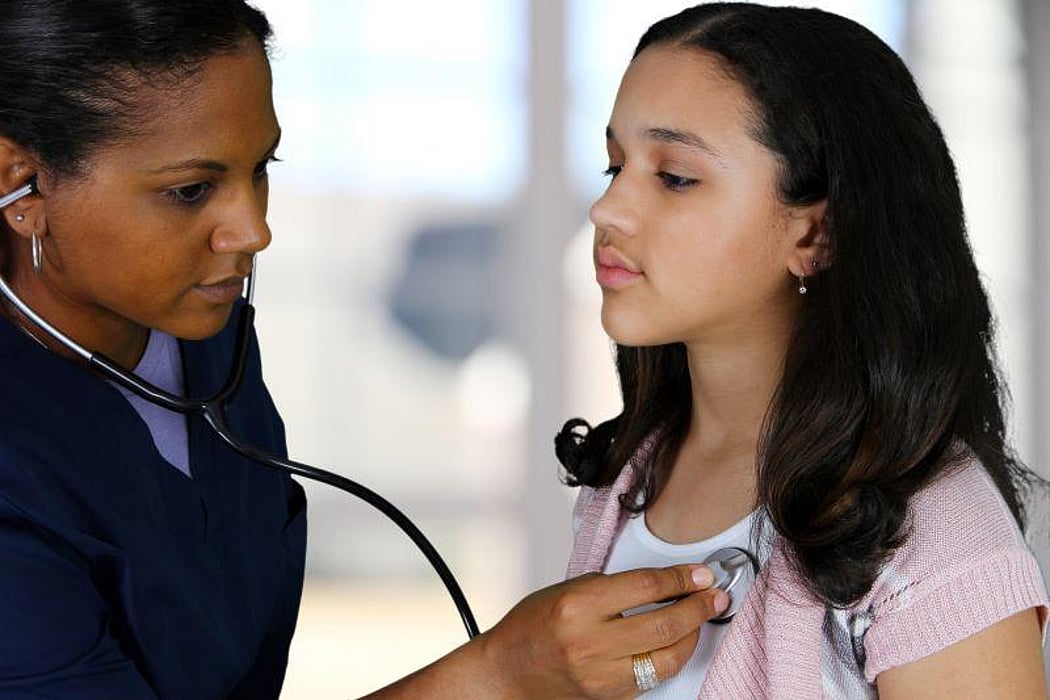PM₂.₅ Exposure Linked to Ventricular Arrhythmias in Teens

WEDNESDAY, Sept. 14, 2022 (HealthDay News) -- For adolescents, exposure to fine particulate matter (fine particles with aerodynamic diameters ≤2.5 µm [PM2.5]) is associated with an acute increase in the number of ventricular arrhythmias, according to a study published online Sept. 14 in the Journal of the American Heart Association.
Fan He, Ph.D., from the Pennsylvania State University College of Medicine in Hershey, and colleagues examined the association and time course between PM2.5 exposure with cardiac arrhythmias in a study involving 322 adolescents. Individual-level 24-hour PM2.5 concentrations were obtained with a nephelometer, and concurrent 24-hour electrocardiogram data were obtained using a Holter monitor.
The researchers found that PM2.5 exposure was associated with an acute increase in the number of premature ventricular contractions (PVCs); specifically, there was a 2 percent increase in PVC counts 0.5 to 1.0, 1.0 to 1.5, and 1.5 to 2.0 hours after exposure to a 10 µg/m3 increase in PM2.5 concentration. Cumulatively, an increment of 10 µg/m3 in PM2.5 was associated with a 5 percent increase in PVC counts within two hours. There was no association observed for PM2.5 concentration with premature atrial contraction.
"Such an adverse health effect of PM2.5 on cardiac arrhythmia was observed in this low-risk population in an environment with PM2.5 concentrations well below the U.S. Environmental Protection Agency-mandated, health-based air quality standards," the authors write.
Was this page helpful?
Related Posts
ASA: Green Light Therapy for Pain-Related Anxiety Studied in Fibromyalgia
TUESDAY, Nov. 1, 2022 (HealthDay News) -- Green light therapy might decrease...
How to Deal With Stress and Stop Being So Stressed Out
If you’re on edge, you’re not alone. More than a quarter of adults in the United...
Historic ‘Redlining’ of Neighborhoods Linked to Black Americans’ Rate of Kidney Failure
THURSDAY, July 6, 2023 (HealthDay News) -- Decades of “redlining” —...
Incluso un poco de peso adicional puede aumentar el riesgo de hipertensión de los niños
MIÉRCOLES, 15 de marzo de 2023 (HealthDay News) -- Incluso un aumento de peso...
